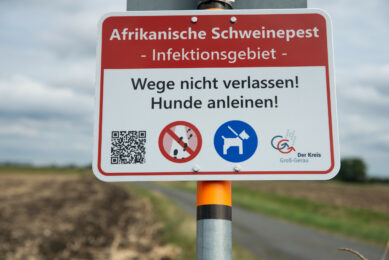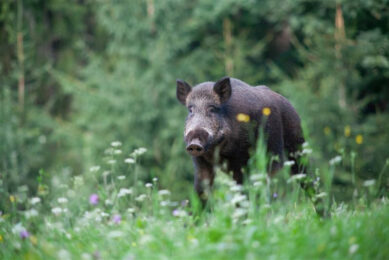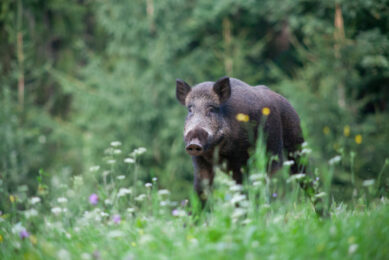UK pig producers pay toll for swine influenza
Swine influenza may be costing UK producers millions of pounds a year claims Merial Animal Health, which launched its new swine influenza vaccine Gripovac3 at this year’s Pig & Poultry Fair in the UK.
Swine influenza causes raised temperature and respiratory disorders, which affect both welfare and productivity. Increased incidence of abortion is a key feature of typical disease. Therefore, there is a strong economic case for considering preventative treatment.
©
Merial’s veterinary advisor Ricardo Neto claimed: “At the present time it is very difficult to estimate the true prevalence of swine influenza in the national herd. The number of confirmed cases is small, but this is almost certainly due to under-reporting. Up until now there has been no preventative solution available, therefore there has been little incentive for producers and veterinary surgeons to investigate suspected cases.”
©
Viral lung load and clinical signs
Gripovac3 is licensed to reduce viral lung load and clinical signs associated with infection caused by H1N1, H3N2 and H1N2 strains. These three key strains are all currently circulating in the UK.
©
Pig veterinarian Steve Young, from Oakwood Veterinary Group based at Harleston in Norfolk, said: “We had a particularly severe outbreak on one of our producers farms last year. During that outbreak period of around two months, swine influenza had a big impact on production. The farrowing rates reduced by around 10%, from 85% down to 75%. We estimate that it cost that farmer around 20 pence per kilo deadweight.”
©
In Europe, economic losses caused as a result of swine influenza have been estimated at 28 per sow per year.
Cross-protection
Gripovac3 has demonstrated broad cross-protection against influenza strains present in Europe and can be used at all stages of production of sows and gilts, including pregnant and lactating sows and also the feeding herd.
©
The vaccination schedule for sows consists of two 2 ml injections at a three week interval for the primary vaccination, and a booster at each gestation or subsequent lactation. If the booster is given two weeks prior to farrowing, piglets will be protected via colostral immunity for at least 33 days.
Related websites:
• Merial
• Pig & Poultry Fair











